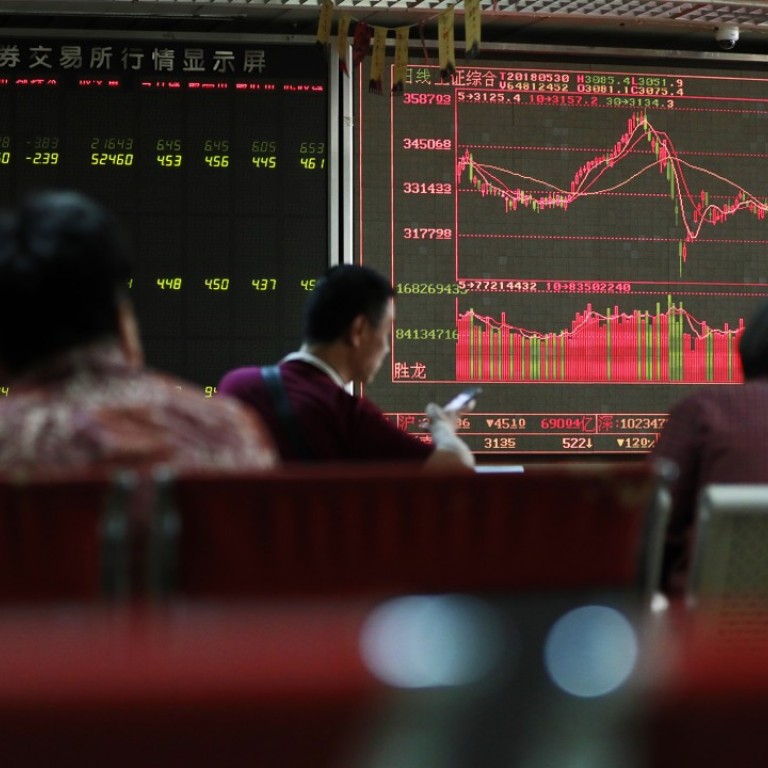
China’s tech firms are getting dressed to issue depositary receipts, but where’s the party?
Several of China’s largest overseas-listed technology companies, cajoled into selling depositary receipts (CDRs) to the country’s local investors, are treading water on their fundraising plans, since the benchmark Shanghai stock index’s 20 per cent decline plunged Asia’s largest equity bourse into a bear market.
The first group comprises four companies whose American depositary receipts (ADRs) are listed and traded in New York. They are arranging to sell CDRs in Shanghai to enable local Chinese investors to have access to their earnings, since all of them were either established in China, or earn the bulk of their income from the world’s most populous nation.
Baidu, operator of China’s dominant search engine, has appointed Citic Securities and Huatai Securities on its CDRs, according to several financial industry sources familiar with the plans. NetEase, which operates one of China’s largest internet portals, is using the same two brokers, the people said, declining to be named for discussing a matter that hasn’t been announced.
JD.com, one of the country’s biggest online retailers, is working with Huajing Securities and China Securities to raise funds, said the people, without divulging the amount of funds to be raised.
Alibaba Group Holdings, operator of the world’s biggest e-commerce platform and owner of the South China Morning Post, has hired China International Capital Corp (CICC) and Citic Securities to sponsor its CDRs, the people said.
Missing from the list is Tencent Holdings, China’s dominant social network operator and the country’s biggest publisher of electronic games, which has yet to name a bank for its CDRs. Tencent, whose shares were listed in Hong Kong since 2004, has been available to mainland Chinese investors through two Connect programmes with the Shanghai and Shenzhen bourses.
Meanwhile, six mutual funds have raised a combined 104.9 billion yuan (US$15.7 billion) from investors to hold the CDRs, less than half of their 300 billion yuan target.
It wasn’t meant to be this way. China’s State Council, or government cabinet, announced on March 30 to launch the CDRs, in a combination of economic and technological nationalism for Chinese investors to partake in the earnings of the country’s tech giants.
Fang Xinghai, vice-chairman of the China Securities Regulatory Commission (CSRC) promised CDRs in China soon.
The Chinese media website Caixin reported that the first CDR would list in June, with more to follow within the year, as a birthday gift of sorts to the 40th anniversary of China’s experiment with capitalism.
However, the proposal was rushed into practise without thorough discussion, debate or research, according to senior CSRC officials who declined to be named.
And with an unfolding trade war between the two largest economies on the planet, no one is in any mood to celebrate, the officials said.

